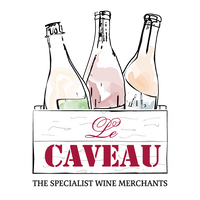Foradori Teroldego is made from vines across 10 ha of vineyards grown on stony alluvial soils with pebbles and gravel. Fermented in stainless steel tanks and aged 15 months in both stainless steel and wood. Very pure, aromatic red fruits and a supple, fresh crunchiness on the palate.
‘Fresh and pure with vivid raspberry and cherry fruit. Linear with nice grip. Stony and bright.’
AZIENDA AGRICOLA FORADORI, Mezzolombardo
Certified organic by ICEA and Biodynamic by Demeter
Azienda Agricola Foradori is a 29-ha biodynamic estate in Mezzolombardo (Trento). Two distinct terroirs can be found, Campo Rotaliano (alluvial, gravel and sand) and Fontanasanta (mainly calcareous clay).
Located in the heart of Campo Rotaliano surrounded by the Dolomites, the estate was built in 1901 and has been owned by the Foradori family since 1939. Since then, they have been working to resurrect the ancient local variety Teroldego, from 2002 the estate converted to biodynamic viticulture.
It was Elisabetta Foradori and Rainer Zierock’s work that led to the conservation and regeneration of the Teroldego grape genetics through the cultivation of the grape’s original genotypes. Today their children Emilio, Theo and Myrtha Zierock, the fourth generation, continue in their footsteps in running the estate.
Aside from wine, the family is producing vegetables and breeding Tyrolean Grey cattle for cheese production.
“As guardians of the land we believe our work is measured with time, with nature’s rhythms, with the anticipation for the plants to grow, to age, to give fruit, for the wine’s slow evolution in the silence and darkness of the winery”.




